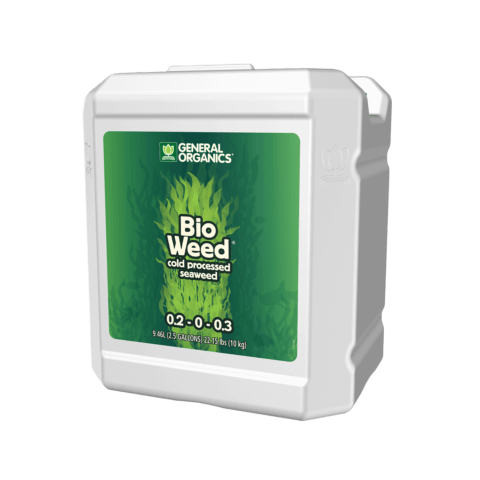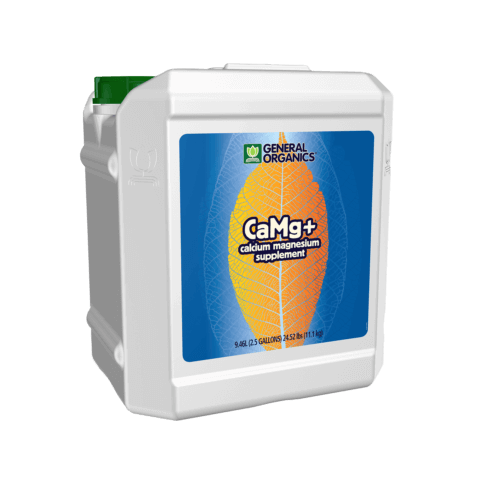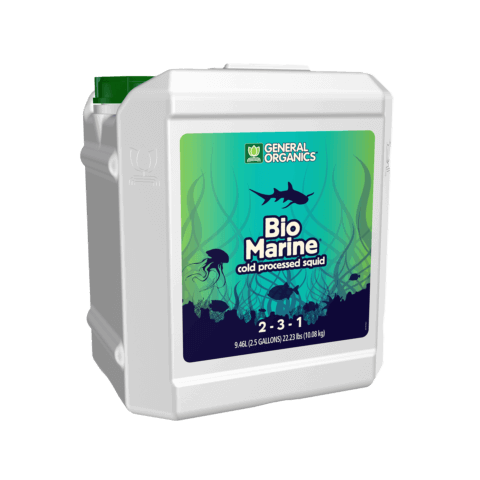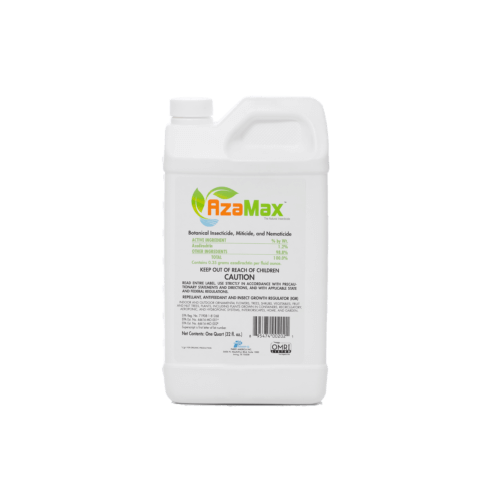Diamond Black™
Liquid Humic Acids General HydroponicsDiamond Black™ is derived from 100% pure mined Leonardite, a naturally occurring form of carbon drawn from prehistoric peat bogs. Containing an exceptionally high percentage of plant-active humates, Diamond Black™ supports beneficial microbial activity in soils and increases micronutrient availability. Diamond Black™ can be added to all kinds of garden soils and potting mixes and used with a wide variety of plants during all phases of growth.
Available sizes
- 2.5 Gallon SKU: HGC726843
- 1 Quart SKU: HGC726840
- 1 Gallon SKU: HGC726842
Derived from 100% pure mined Leonardite, a naturally occurring form of carbon drawn from prehistoric peat bogs.
Containing an exceptionally high percentage of plant-active humates, Diamond Black™ supports beneficial microbial activity in soils and increases micronutrient availability.
Can be added to all kinds of garden soils and potting mixes and used with a wide variety of plants during all phases of growth.
For use with
Plants
- Hemp
- Vegetables
- Herbs
- Fruits
- Flowers
- Other high value crops
Media
- Potting mix
- Coco
- Peat lite mix
- In-ground soil
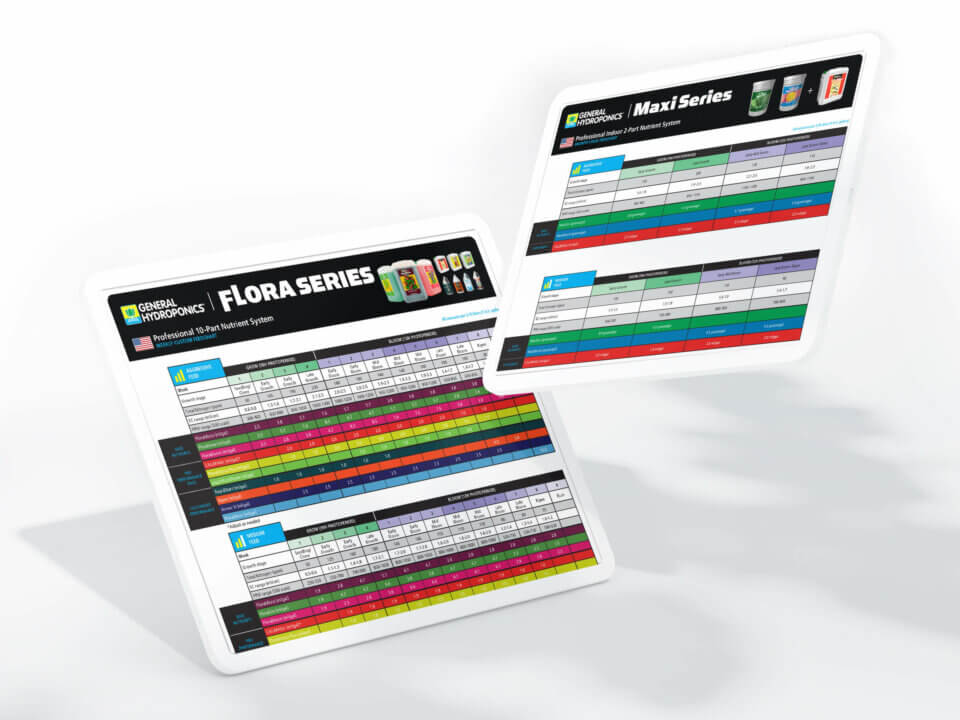
Grow like a pro
Explore the most comprehensive offering of commercial growing solutions tailored to support your entire operation end-to-end and get the greatest possible returns while staying one step ahead of the competition.
Getting started
Learn from the best
FAQs
-
Our Feedchart Usage Guide explains how to interpret and use General Hydroponics® Pro Feedcharts. It is intended as a companion piece to General Hydroponics® Pro feedcharts for FloraPro®, FloraSeries®, and Maxi Series™.
-
Absolutely! All of our nutrient blends contain the necessary elements for plant growth. Start with the formula ratios identified on the label for the specific plant or crop you are growing, and then adjust and experiment until you find the right formula for your specific need.
For further information, refer to our feedcharts.
-
pH is a measure of the hydronium ion H3O+. It is based on a logarithmic scale from 0 to 14. “Pure” water has a pH of 7.0. If the pH is less than 7, the solution is acid. If the pH is greater than 7 it is alkaline. Because the scale is logarithmic and not linear, a pH of 6 indicates ten times more H protons than a pH of 7, and a pH of 5 indicates 10 times more protons than a pH of 6.
-
Ventilation is often overlooked as a problem. Plants absorb nutrients when the water molecules in the leaves respire (i.e. evaporate). Better ventilation aids a high transpiration rate, which translates into a greater rate of nutrient uptake. Remember that ventilation means changing the air, not just blowing it around the room (circulation).
-
pH is important because it affects availability and absorption of several of the 16 atomic elements needed for plant growth. Maximum absorption of these elements is found at pH readings 5.5 to 6.5. When pH falls below this range many of the macro elements (N, P, K) have less availability, and absorption of the micro nutrients can reach toxic levels.
-
Water containing too much calcium and magnesium (called “total Hardness”) may create serious problems. Contact your municipal water supplier who can provide you with an analysis of your water supply. If you are using well water, many laboratories can provide you with an analysis if you send them a sample. If the dissolved salts in your water supply measure 200 ppm or more, we strongly recommend that you obtain a water analysis to determine calcium content. Excessive calcium is the main factor in determining if your water is hard. If an analysis of your water supply reveals that the Calcium content of your water supply is greater than 70 ppm (mg/liter) you should use Hardwater FloraMicro. Hardwater FloraMicro provides rapidly growing plants with a combination of chelated micro nutrients uniquely formulated for hardwater conditions. Other options are to collect rainwater, install a reverse osmosis filtration system, or use purified water. Do not use mineral or “spring” water, which can unbalance the nutrient solution, or even be toxic to plants.





